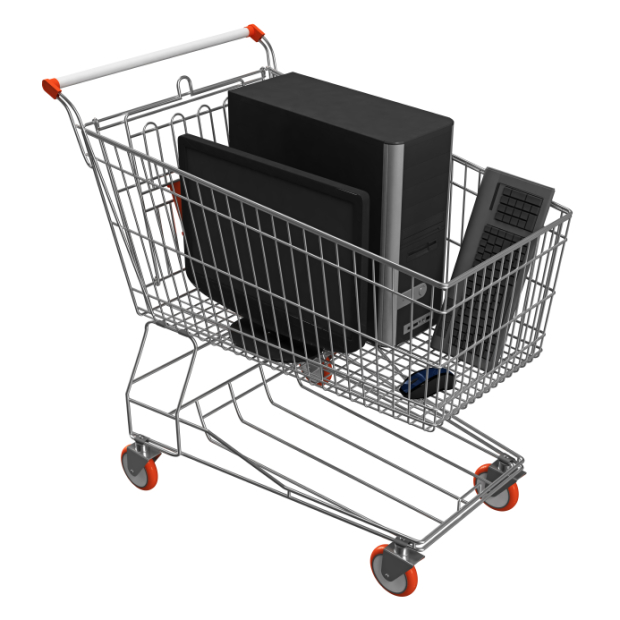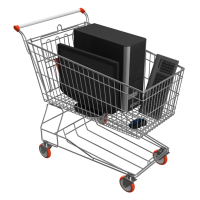With Microsoft’s support ending for Windows XP, many people are looking to move to one of the newer versions of Windows – either Windows 7 (my preferred version), or Windows 8. I have been recently looking at helping someone upgrade a Windows XP system to a newer version of Windows, and have run into a bit of a snag. The desktop is old, and isn’t compatible with Windows 8. Windows 8 requires the processor to have the NX (No-eXecute) bit technology, and the processor in the desktop doesn’t have this technology.
This got me to thinking how long a typical desktop will last if someone was to buy it new today. The thought is that computers go obsolete the moment you bring it home. That is a thought that hasn’t been relevant in probably 10 years. In fact, for many people a new desktop computer can probably last longer than any computing device they may buy.

A Computer That Keeps Going and Going
The contract on my smartphone will be ending this year – finally after three years. I will, more than likely, be upgrading my phone to a newer model. I have had my phone since I signed the contract, and it has shown its age for some time now.
I cannot imagine owning a smartphone that is older than the one I have now. The phone I am using was released in 2011, but the smartphone technology since that time has just exploded since that time. The apps have gotten bigger and need more resources than ever before.
I mentioned my smartphone to put things into perspective with regards to the desktop I mentioned above. The desktop – still running Windows XP – is running a processor that was released in 2002. That computer’s processor is 12 years old.
I’m not about the age of the desktop, but it is safe to say that it is probably close to 12 years old, as well. Up until this time, the desktop has been used on a daily basis, without any issues.
Over the past 10 years, computer technology has reached a point that upgrading before 5 years isn’t necessary. For the average users – someone who surfs the Web, checks e-mail, or uses office products – a new computer can last them probably 10 years or more.
My current desktop computer – i7-920 2.66 GHz (3.2 GHz OC), 12 GB RAM, 2xHD5850 graphics cards – was built in January 2010. The computer is running Windows 7 (the original install), and still runs as well today as it did in 2010.
I probably use my computer more than the average person, as well. I play video games, edit photos and videos, as well as the standard web-surfing, email and create documents.
The graphics cards are starting to show their age, so if I want to play the latest games at the highest quality, I can just replace the graphics cards and not the entire computer. By doing this, I can probably get at least 5 more years out of the computer.
Going back to the 12-year-old desktop, while Windows 8 isn’t compatible with the system, Windows 7 should be able to run on it. How well it will run depends on several factors – the biggest probably be the amount of RAM available. I’m not sure how much RAM the chipset supports, but if it is close to 4 GB, Windows 7 should run fine, maybe a little slow.
If the owner does install Windows 7 on the machine, they would have an operating system that is supported until 2020. That desktop would potentially be about 18 years old by then. Of course, by then software could need more resources than the computer has, and finding compatible hardware (think PATA hard drives) could be an issue.
Knowing the owner of the desktop, and I do, they would hold on to that desktop until the last possible moment, and then look for ways to extend the life.
Computers built today contain more processing power than the average user will ever need. There was a time when computer would need to be upgraded every two years, and at times, that was a stretch. Today, a new computer can easily last more than 5 – 10 years without the owner needing to invest in an entirely new system.
